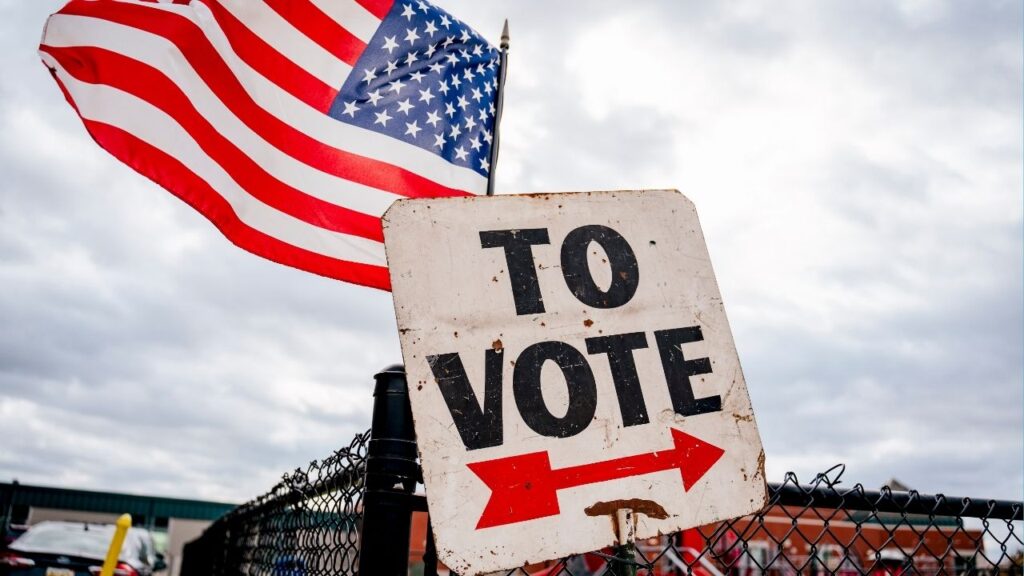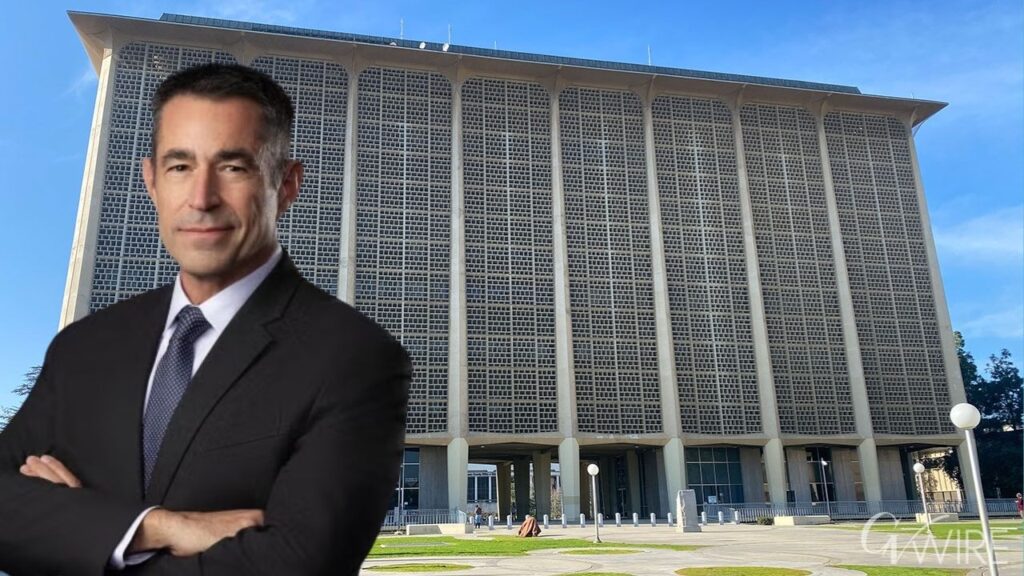Share
A report from the House Select Committee on the Chinese Communist Party Wednesday showed failures from the Centers for Disease Control to adequately respond to infectious threats at an illegal Reedley biolab.
The Select Committee reported on its ongoing investigation into the Reedley lab. They called on Reps. Kevin McCarthy (R-Bakersfield) and Jim Costa (D-Fresno) to answer questions. Reedley City Manager Nicole Zieba and Reedley code enforcement officer Jesalyn Harper also reported remotely to the committee.
“I’m floored by the lack of response by the CDC, it’s nothing short of malfeasance,” said Congressman Neal Dunn, (R-Florida) member of the Select Committee.
It took a call to Congressman Jim Costa (D-Fresno) from Reedley city officials to get federal agents, including the CDC and FBI, to investigate Universal Meditech Inc. and Prestige Biotech, which had numerous deadly diseases and thousands of gallons of dangerous biological material stored at the facility.
Even after their investigation, the CDC only spent three days there, directing Reedley and Fresno County officials to simply destroy whatever was at the lab.
And while the CDC discovered 20 infectious agents, considering the number of unlabeled vials, it remains unknown what else was being stored there.
The CDC told Reedley City Manager Nicole Zieba that it didn’t have the authority to test unlabeled vials.
Zieba said that bioterrorists could avoid being caught by simply removing the labels from vials.
“If that’s an accurate statement, that’s terrifying,” Zieba said.
Not even a paper on a freezer with the word “Ebola” written on it was enough to warrant further investigation, Harper said.
The Select Committee’s report raised more questions than answers, showing payments from the People’s Republic of China to UMI CEO Jia Bei Zhu. Investigators found no evidence of claims the lab was being used as a bioweapons facility. But the lab’s capabilities — notably the mice — raised the eyebrows of the committee’s expert.
Lab Mice at Reedley Cause for Concern: Disease Expert
The House Select Committee called on Col. Robert Kadlec to answer biosecurity questions about the Reedley lab.
Kadlec had previously assisted the CDC and FBI during the 2000s Anthrax scare, and he served as a weapons inspector in Iraq in the 2000s and in the 1990s.
He said the presence of “humanized” mice was not consistent with the lab’s business model. Humanized mice are incubators made to mimic the biological traits of humans.
But the cost to produce mice is exceptional. In Zhu’s lawsuit against Reedley and Fresno County, he specifically cited the cost and years-long process to create humanized mice.
But Kadlec said UMI’s business model was to import test kits from China, then repackage and sell them.
Considering the cost to produce the mice as well as the cost to store diseases, it doesn’t match up, he said.
“He has this overhead or this incredible logistical tale that gives him much more capability that, according to what was being described, was not being used at the moment,” Kadlec said.
He said blood plasma and organs could be used to “create a lot of havoc, a lot of concern.”

CDC Investigation Minimal; Presence of Ebola Still Unknown
When Harper found a folded piece of paper with “Ebola” handwritten on a fridge, the CDC said to continue destroying the fridge’s contents, Zieba said.
“We found one refrigerator that had a folded-over piece of paper taped to the door that had a handwritten word “Ebola on it,” Zieba told GV Wire. “We immediately notified the CDC and they said because there were no specific vials inside, we should continue with disinfection and destruction of the fridge.”
Ebola does not exist on this continent outside of special labs, Kadlec said. Because of that, the CDC should have stopped abatement and investigated.
“That would have been the cue to change the nature of the investigation and actually investigate what was in those tubes,” Kadlec said.
Committee Members Called for Legislative Reforms
Because the labeled diseases stored weren’t considered “select agents” — such as anthrax, ricin, or smallpox — the CDC’s involvement was limited, Kadlec said.
But representatives called for more oversight should situations like the one at Reedley arise.
Committee chair Rep. Mike Gallagher (R-Wisconsin) said he doesn’t expect the CDC to have the same powers as the FBI or the Department of Homeland Security.
“But we do expect them to respond when local officials call for help,” Gallagher said.
Kadlec said mini-pandemics could be started as a result of labs doing “who knows what.”
Gallagher said there was a need to create an agency to unite the different federal agencies.
The committee reported that purchasing deadly diseases and experimenting on them takes little more than a business license.
Importing deadly diseases from another country only takes a permit, according to Zieba. And those permits are not often followed up on after the fact.
“There’s massive problems with our biosafety regulations where anybody — literally anybody — can purchase dangerous pathogens,” said Ranking Member of the committee Rep. Raja Krishanmoorthi (D-Illinois).
Zhu Received $2 Million From PRC: Had Fake Work Visa
The investigation showed Zhu had received $2 million in total from various transfers from the People’s Republic of China, according to the committee report.
He was also alleged to have committed intellectual property theft.
His Canadian company, IND Diagnostic Inc., was in a civil suit in Canada and ordered to pay $300 million for stealing technology to separate sex chromosomes from bull semen, according to an affidavit from the Food & Drug Administration filed with the California Eastern District Court.
A Chinese citizen, he entered the U.S. seven times from 2003 to 2008. In interviews with FDA investigators, Zhu identified himself as Qiang “David” He, an alias he often used. He even had an employment authorization card that the U. S. Citizen and Immigration Services identified as authentic, according to the report.
Fingerprints obtained by the FDA when “He” came to the U.S. in 2021 matched those when “Zhu” came from 2003 through 2008.
“I believe that Zhu submitted false documents to the government to obtain the USCIS card in Qiang He’s identity,” FDA investigator Jeffrey Maurice said in the affidavit.
In interviews with the FDA, Zhu identified himself as only a representative of the company.
Zhu is being held by federal authorities. He is being charged with manufacturing and distributing medical devices in violation of the federal Food, Drug, and Cosmetic Act. He also allegedly made false statements to the FDA, the U.S. Department of Justice said in a news release.
If convicted, Zhu could face three years in prison for selling unlicensed test kits and five years for false statements.
RELATED TOPICS:
Categories

Renee Good’s Relatives Speak to Lawmakers in Washington

















